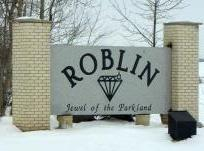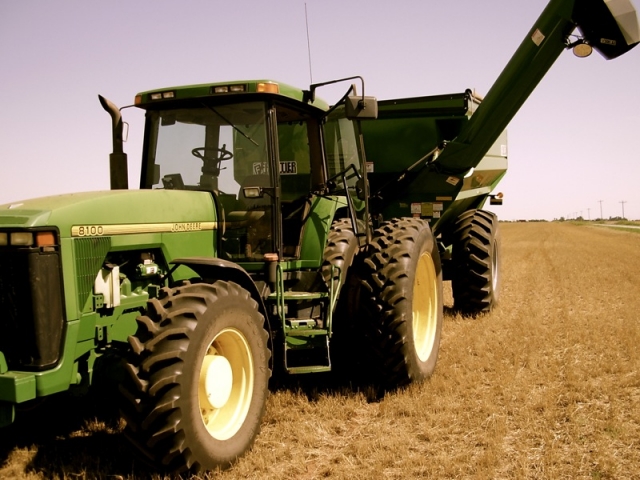Gas prices have continued to rise after the carbon tax came into effect.
Ernie Sirski is a producer west of Dauphin and he says the biggest thing that happens is an increased cost in their inputs and exports because they are exempt from the carbon tax.
“That doesn’t mean we aren’t going to be affected on the transportation of fuel, fertilizer, and exporting of their products. So it will have an impact, it remains to be seen how severe it’ll be, but there’s no doubt there will be some impact.”
Don Tarrant, general manager of Reit Syd Equipment says gas prices are a small part of the whole picture for producers.
“An increase in fuel certainly impacts the bottom line. Unfortunately, the bottom lines are pretty slim so any increase does hurt the net of the producer.”
Sirski says he doesn’t make cuts in his production to combat gas prices.
“Let’s face it, as a price taker when it comes to fuel, we, in all honesty, have to suck it up and deal with it, especially with oil prices.”
Tarrant says companies are working to make farm equipment more fuel efficient like cars.
“New equipment in the last 5 or 10 years has become more fuel efficient. The equipment will do more work per acre with a lot less fuel. As well, the fuel burn is a lot cleaner than it’s ever been.”
Sirski says he keeps an eye on the pumps more than he does on his own production.
He adds that he’s been a minimum till farmer for about 20 years and there isn’t much he can do to make the gas price impact less on him.
“The reality is that fuel is the cost of doing business. I don’t know what else we can do on our own farm to actually reduce fuel usage. We think we’re fairly efficient as it is so other than what we are doing there isn’t much else we can do.”
Overall farmers aren’t pleased with gas prices. Tarrant says the rising gas prices and declining canola, wheat, and soybean prices are causing problems.













